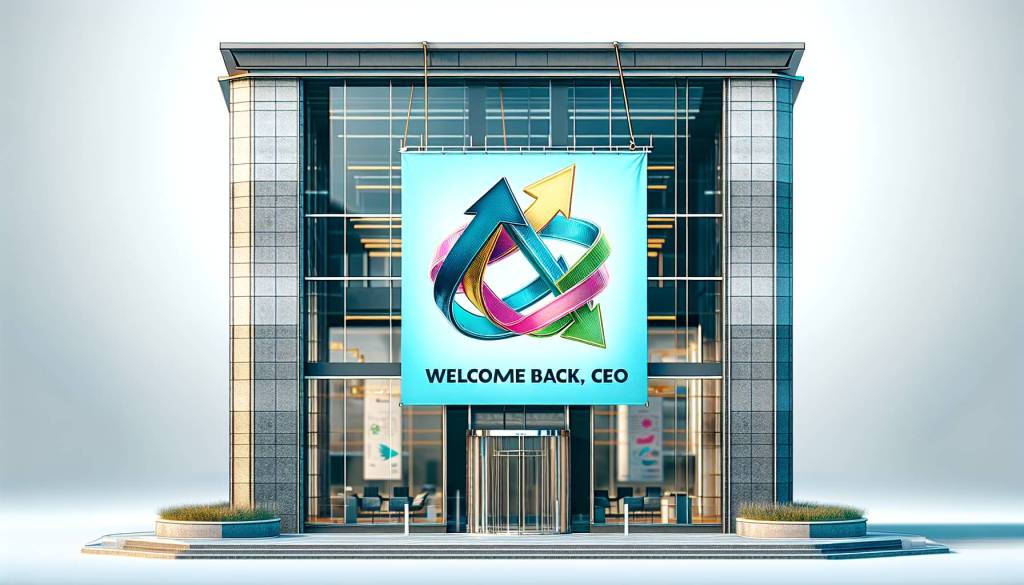In the fast-paced world of digital marketing, staying on top of the latest trends, challenges, and technologies is crucial. However, even the most successful brands can make mistakes that lead to PR crises and damage their reputation. As we look back on the year 2023, it’s important to reflect on some of the biggest brand fails and the lessons marketers can learn from them. In this article, we’ll explore four major brand fails that dominated the headlines in 2023 and discuss the key takeaways for the industry.
1. The Bud Light Boycott: Lessons in Authentic Allyship
One of the most talked-about brand fails of 2023 was the Bud Light Boycott. It all started when transgender TikTok star Dylan Mulvaney partnered with Bud Light for a promotional campaign. However, the partnership quickly turned sour when Mulvaney faced transphobic backlash from conservatives, leading to calls for a boycott. On the other hand, members of the LGBTQ+ communities and their allies criticized Bud Light for not standing by Mulvaney and addressing the issue promptly.
The lesson learned from Bud Light’s fall from grace is the importance of authentic allyship. Brands need to move beyond performative gestures and truly understand and support the communities they claim to stand with. Listening to employees, peers, and consumers is essential in avoiding PR crises. As Jamie Ray, co-founder of creator agency Buttermilk, points out, brands that exist in an egocentric echo chamber are destined to fail. Cultural understanding and consumer empathy should guide marketing decisions to maintain a brand’s integrity and reputation.
2. X’s Advertiser Exodus: Prioritizing Brand Safety
Elon Musk’s takeover of X (formerly Twitter) in 2022 resulted in a major advertiser exodus in 2023. Concerns over Musk’s public tirades, as well as hateful and extremist content, led to dozens of major brands pausing their marketing campaigns on the platform. The situation reached its peak when Musk responded to advertisers with a profanity-laden message, refusing to be “blackmailed.”
This brand fail highlights the growing importance of brand safety and adjacency for advertisers. Advertisers are now equipped with quick responses to protect their brand image and are willing to allocate their budgets accordingly. Musk’s “free speech absolutism” approach may have long-term consequences for X, as advertisers seek platforms that prioritize brand safety. The lesson here is that even a rebrand, like X’s transition from Twitter, can backfire if it compromises a brand’s core values and fails to address brand safety concerns.
3. Zara’s ‘Insensitive’ Ad Campaign: The Power of Perception
Spanish fashion brand Zara faced backlash in 2023 for an ad campaign that was deemed tone-deaf and offensive. The campaign featured mannequins with missing limbs, wrapped in white sheets, surrounded by rubble. Critics drew parallels between the images and the media coverage of the conflict in Gaza. The controversy quickly spread on social media, with the hashtag #BoycottZara trending.
Zara’s response was to remove the campaign and issue a statement explaining the creative intention behind the images. However, the damage was already done. This brand fail emphasizes the importance of perception and sensitivity in advertising. In an era where online conversations can quickly translate into real-world impact, brands must consider potential sensitivities and cultural contexts before launching campaigns. Forward planning is crucial, but thorough checks by marketing, design, and art teams can prevent unintended controversies.
4. Target Accused of ‘Rainbow Capitalism’: Staying Committed to Brand Values
Target, a brand known for its support of LGBTQ+ communities, faced criticism in 2023 after pulling some of its Pride-themed clothing and products. The decision came after right-wing consumers threatened the safety and well-being of Target’s team members. However, this reversal was met with disappointment from LGBTQ+ advocacy groups, who accused Target of engaging in “rainbow capitalism.”
The lesson learned from Target’s brand fail is to stay committed to brand values, especially when it comes to supporting marginalized communities. Brands that retreat or remain silent in the face of rising anti-LGBTQ+ sentiment are seen as abdicating their responsibility to stand by their values of diversity, equity, and inclusion. In contrast, businesses that actively support equality send a powerful message to employees, shareholders, and customers. As brands plan for future Pride activations, it’s crucial to live and breathe their brand values consistently.
See first source: Adweek
FAQ
Q1: What was the Bud Light Boycott, and what can marketers learn from it?
A1: The Bud Light Boycott was a significant brand fail in 2023 when a partnership with a transgender TikTok star led to backlash. The lesson here is the importance of authentic allyship and understanding the communities you claim to support.
Q2: Why did major brands pause their marketing campaigns on X (formerly Twitter) in 2023?
A2: Concerns over Elon Musk’s public behavior and hateful content on the platform led to a major advertiser exodus. This highlights the growing importance of brand safety and adjacency for advertisers.
Q3: What was the controversy surrounding Zara’s ad campaign, and what can marketers take away from it?
A3: Zara faced backlash for an insensitive ad campaign. The lesson is the significance of perception and sensitivity in advertising. Brands must consider potential sensitivities and cultural contexts.
Q4: What happened with Target’s support for LGBTQ+ communities in 2023, and what lesson does it offer to marketers?
A4: Target faced criticism for pulling some of its Pride-themed products due to threats against its team members. The lesson is to stay committed to brand values, especially when supporting marginalized communities.
Featured Image Credit: Photo by Brett Jordan; Unsplash – Thank you!













